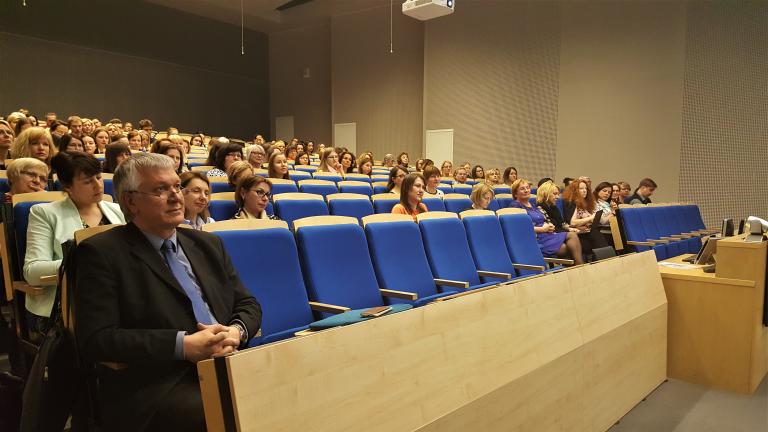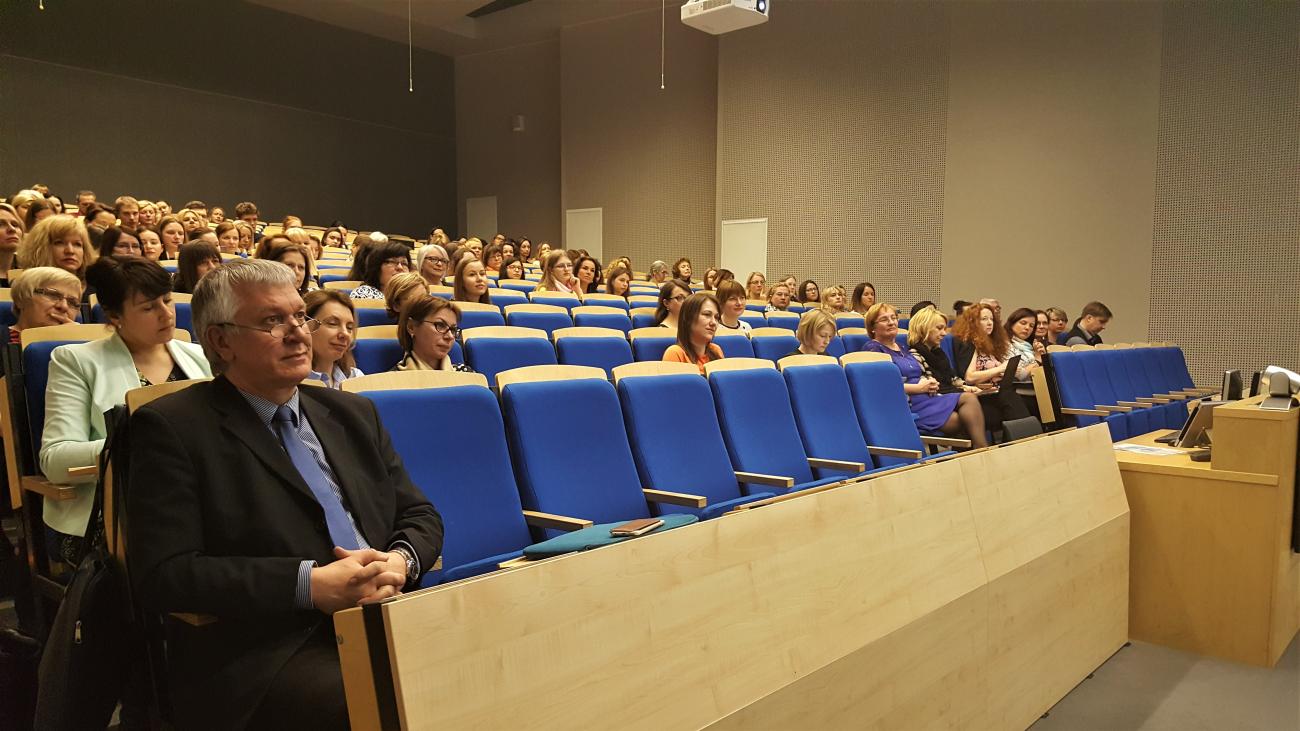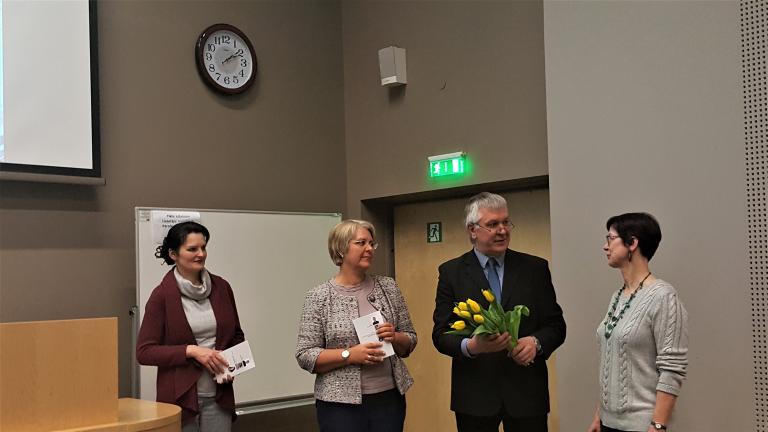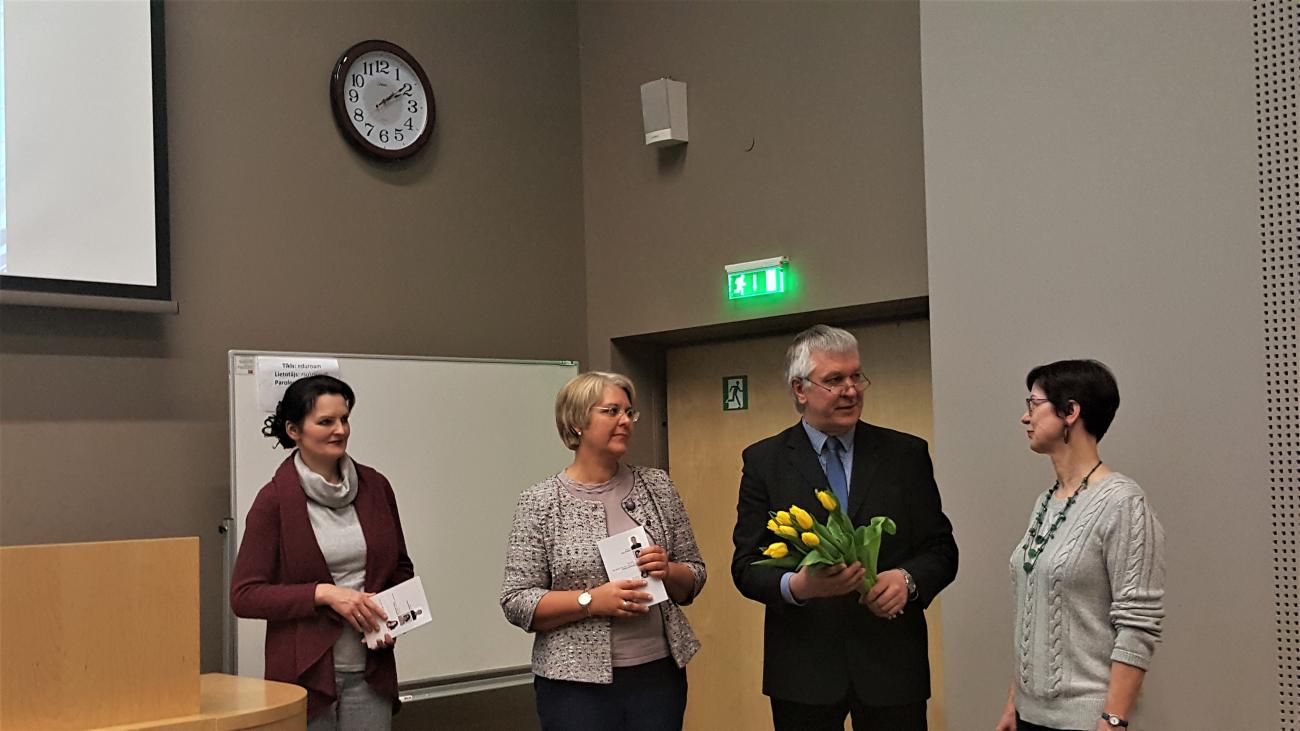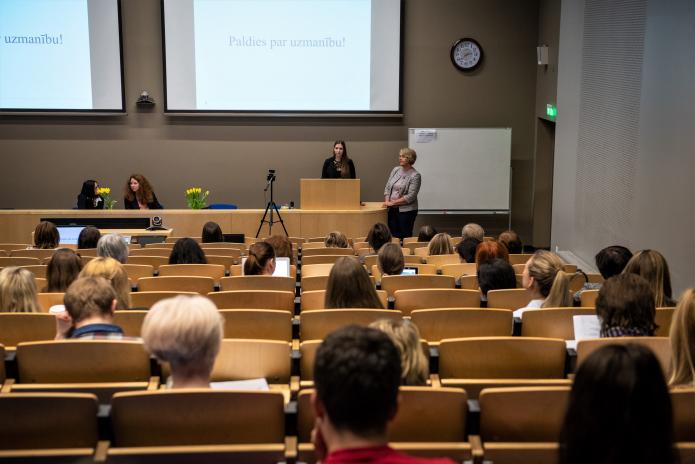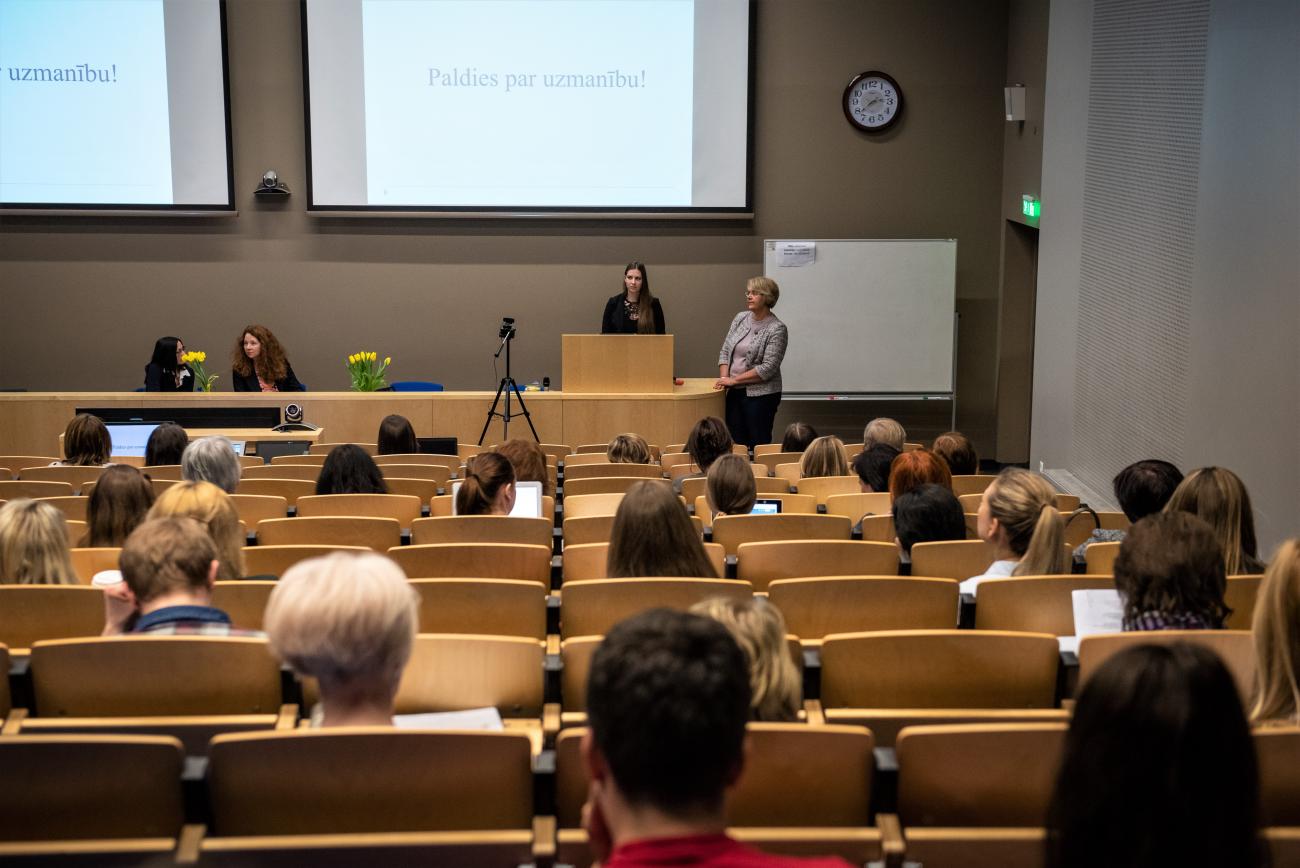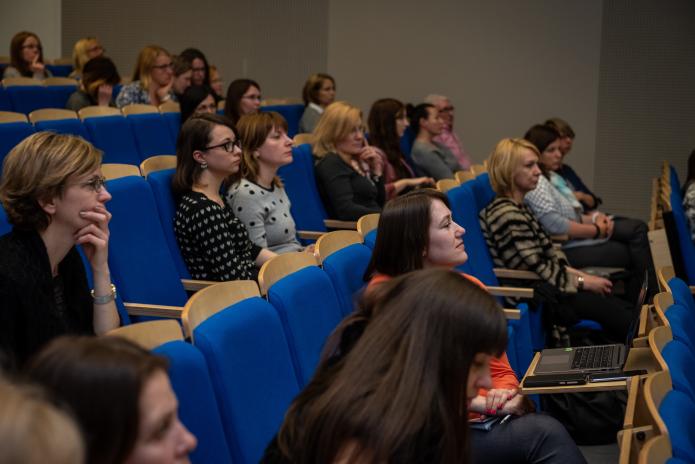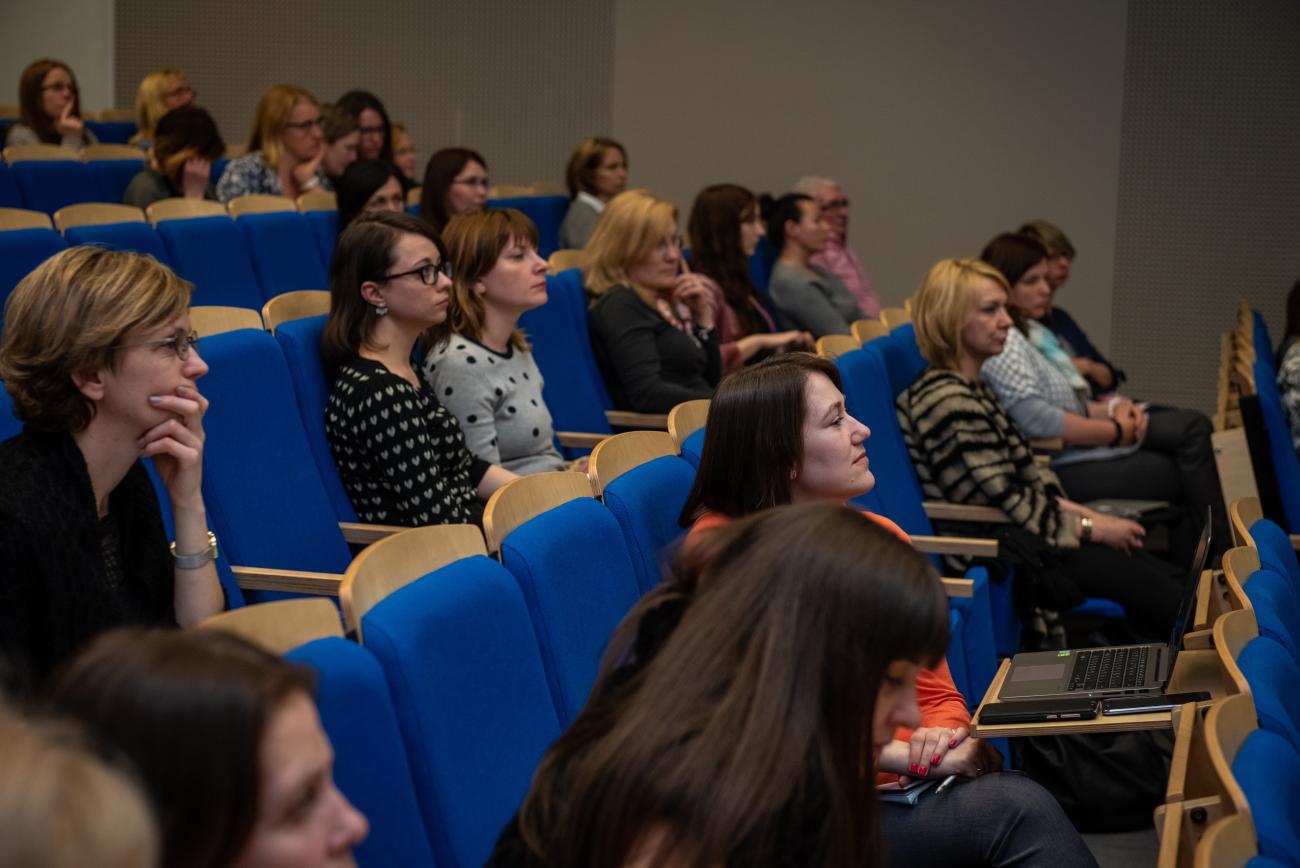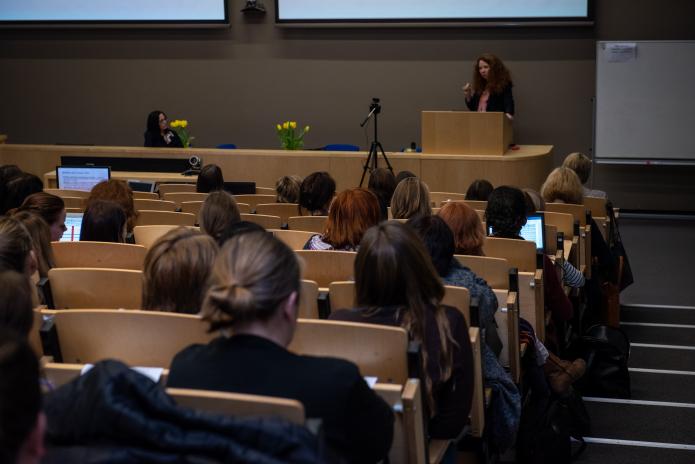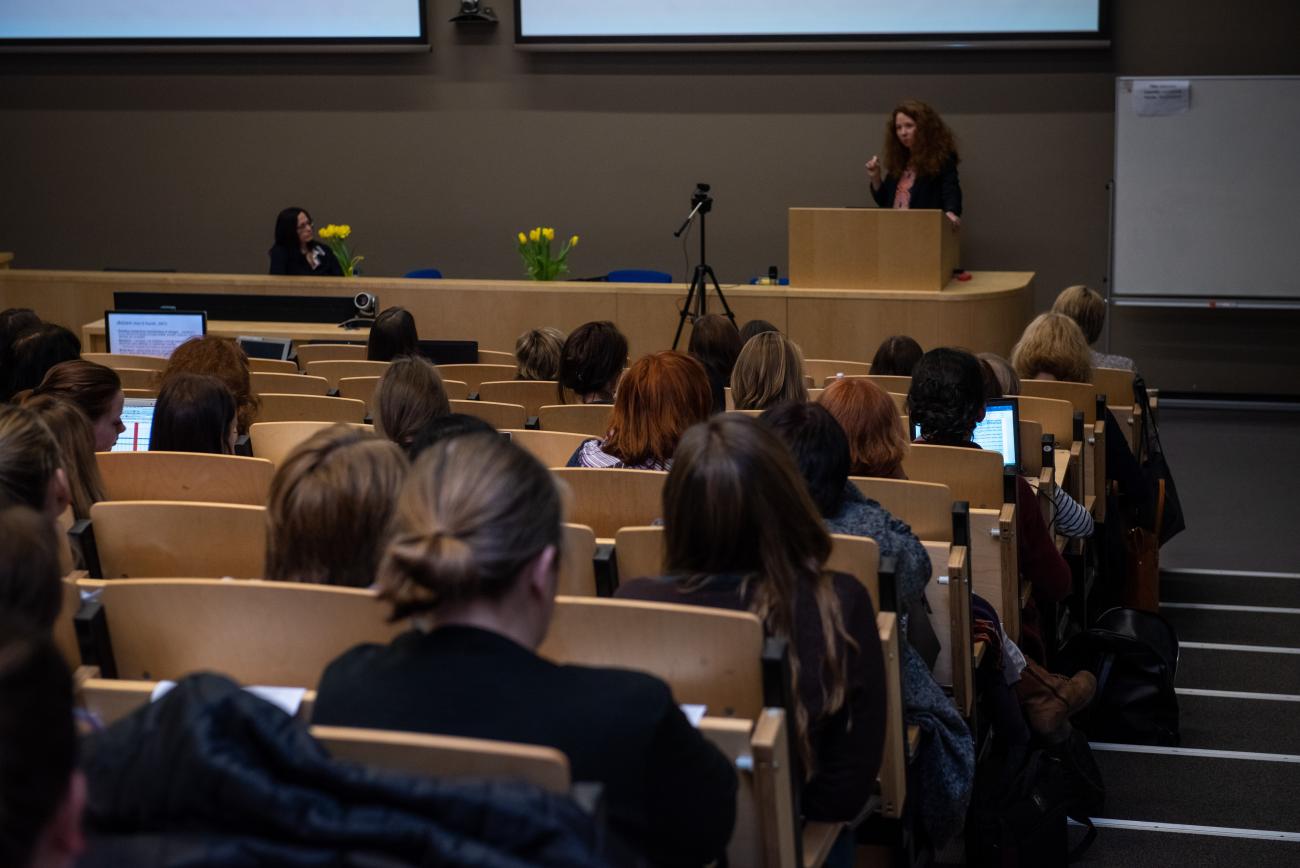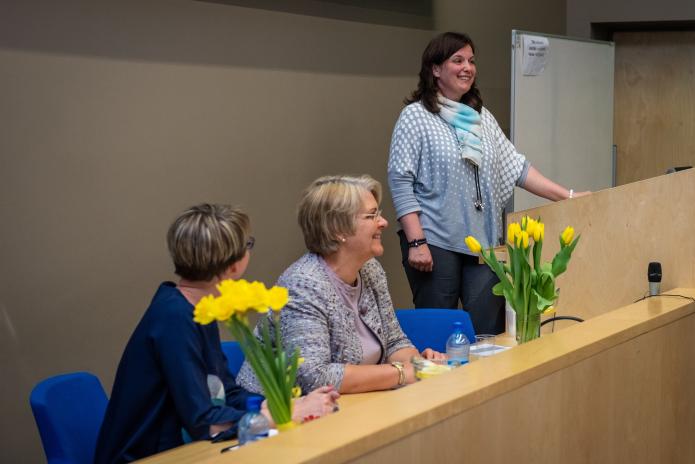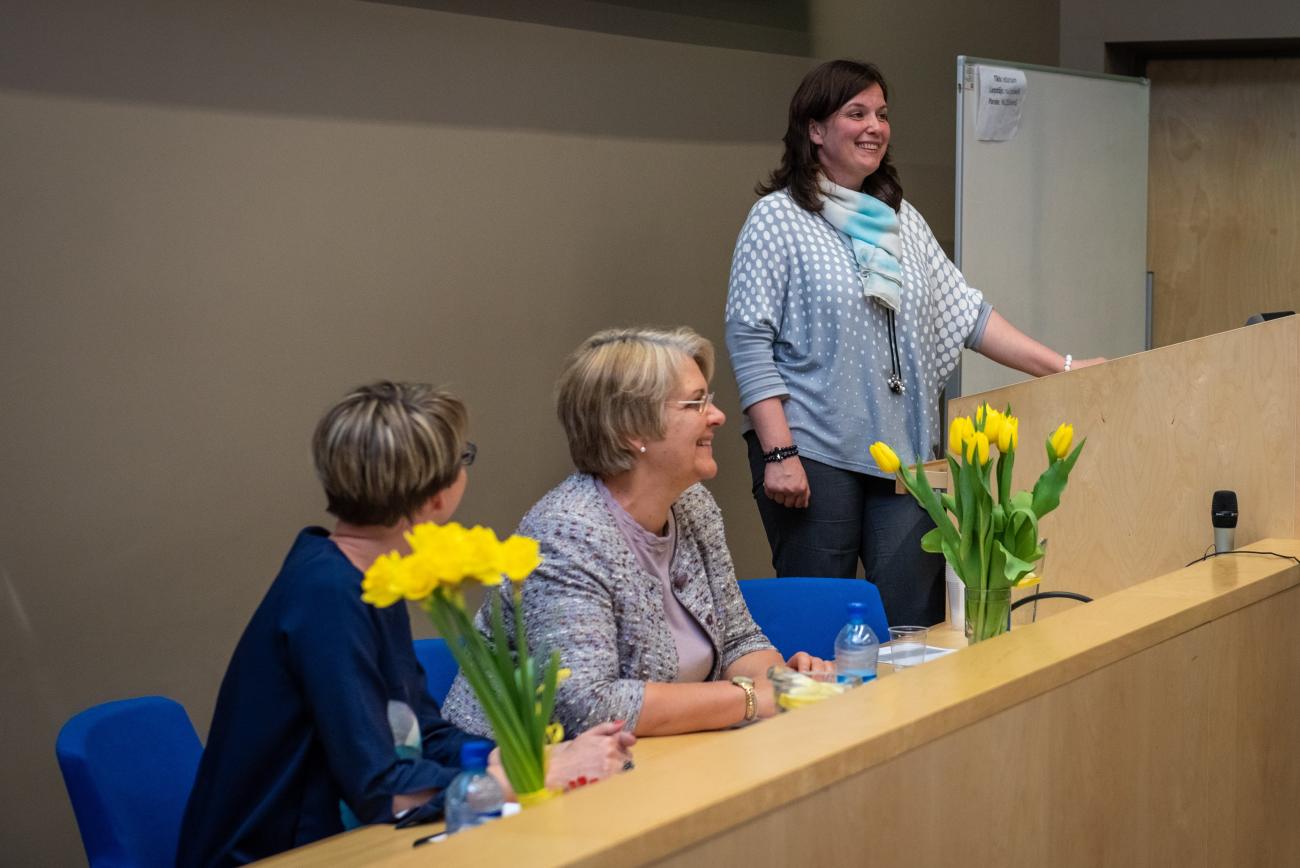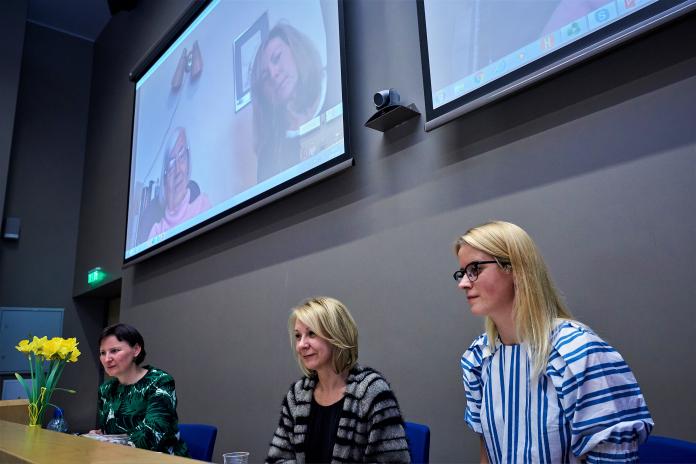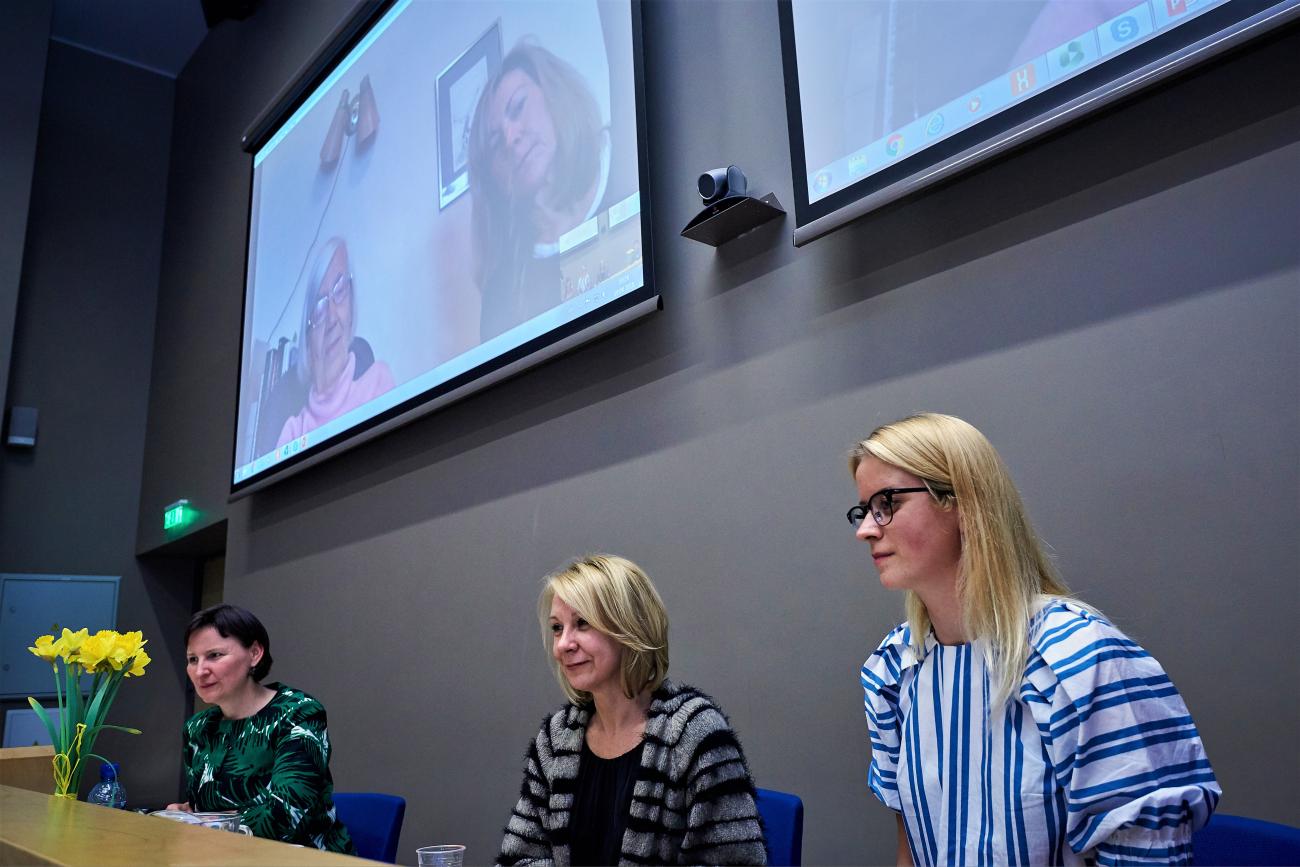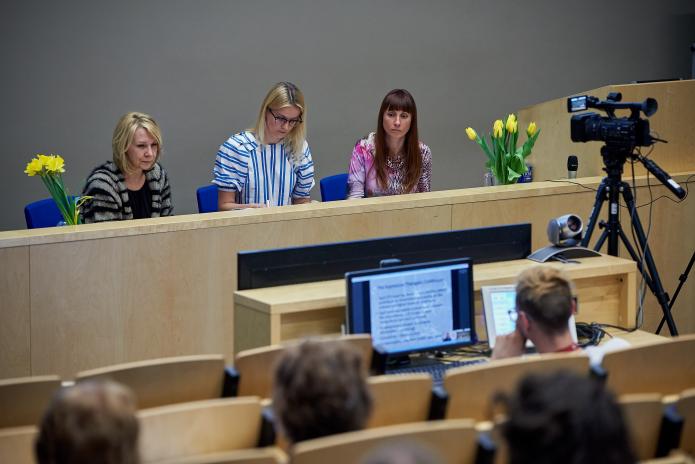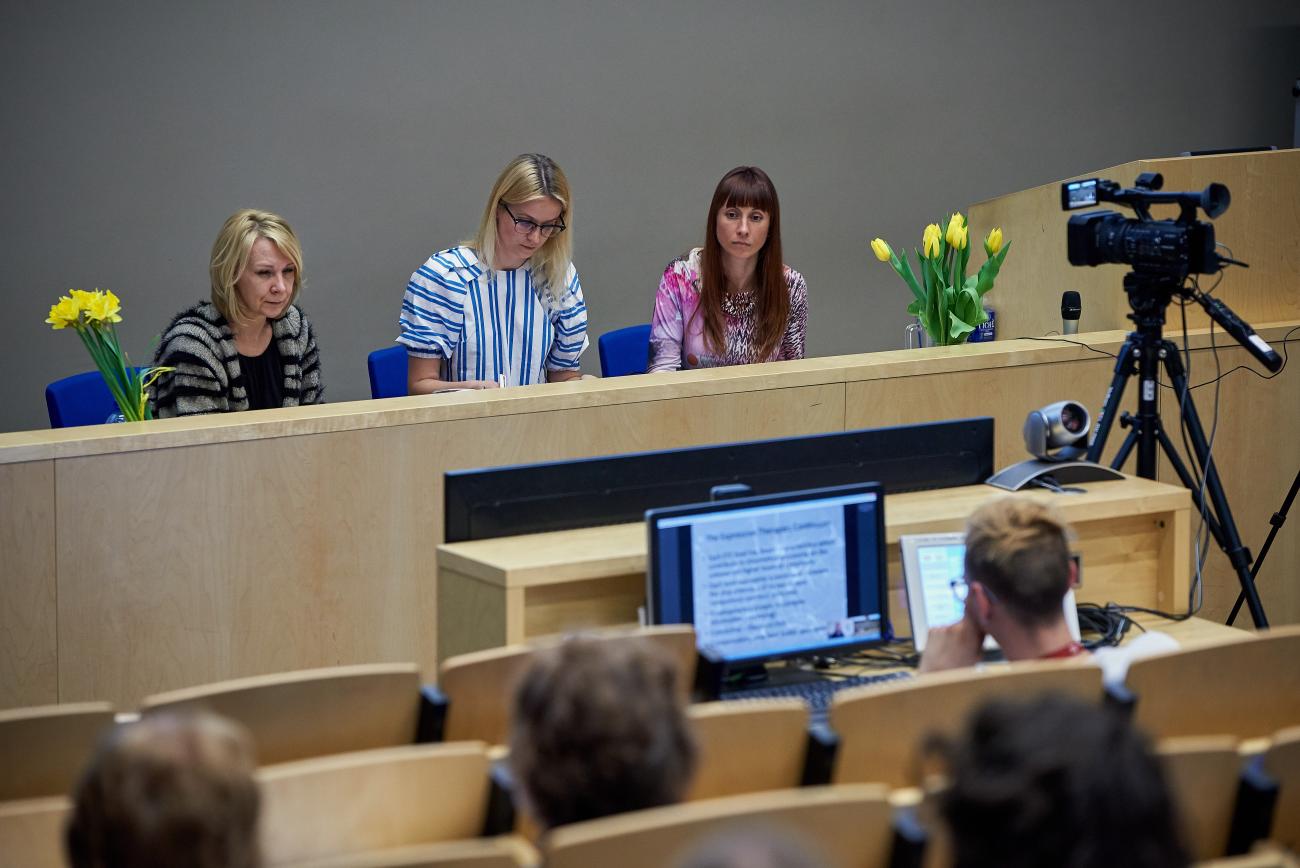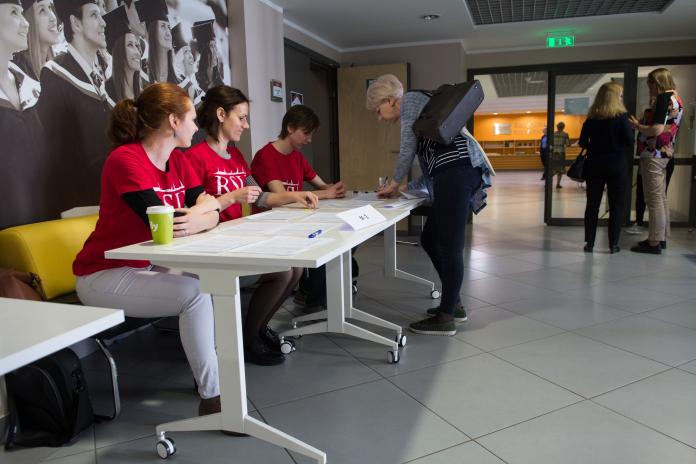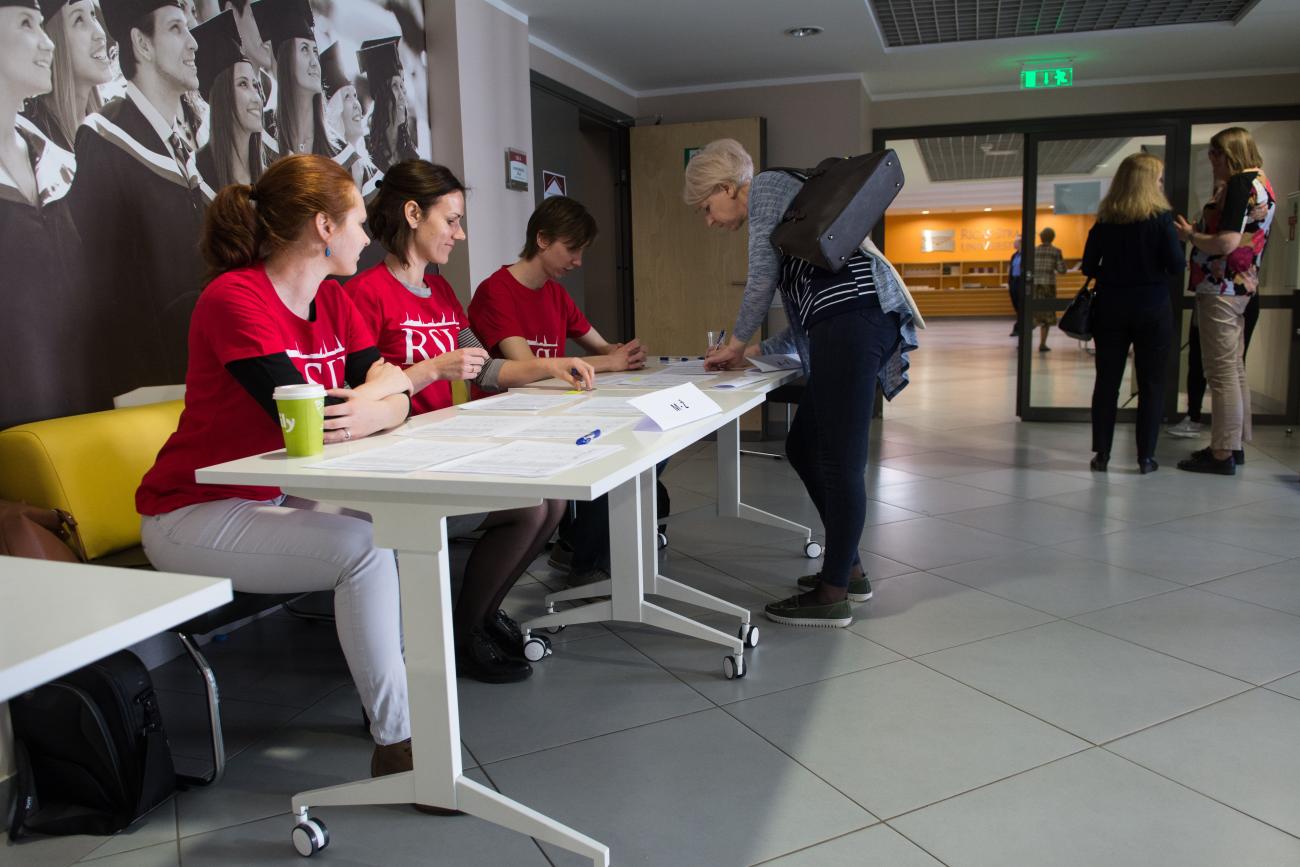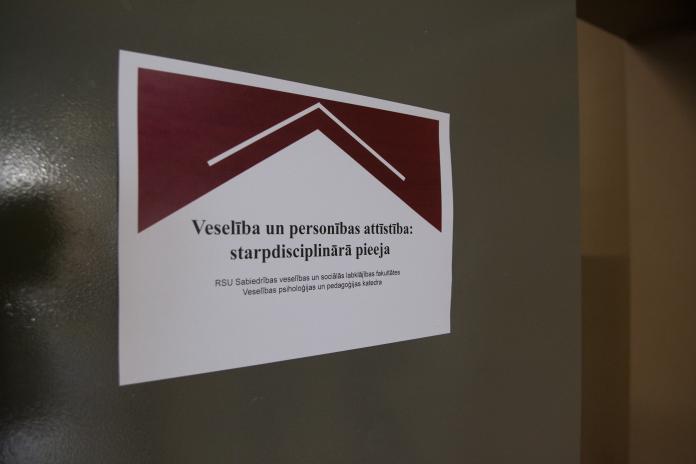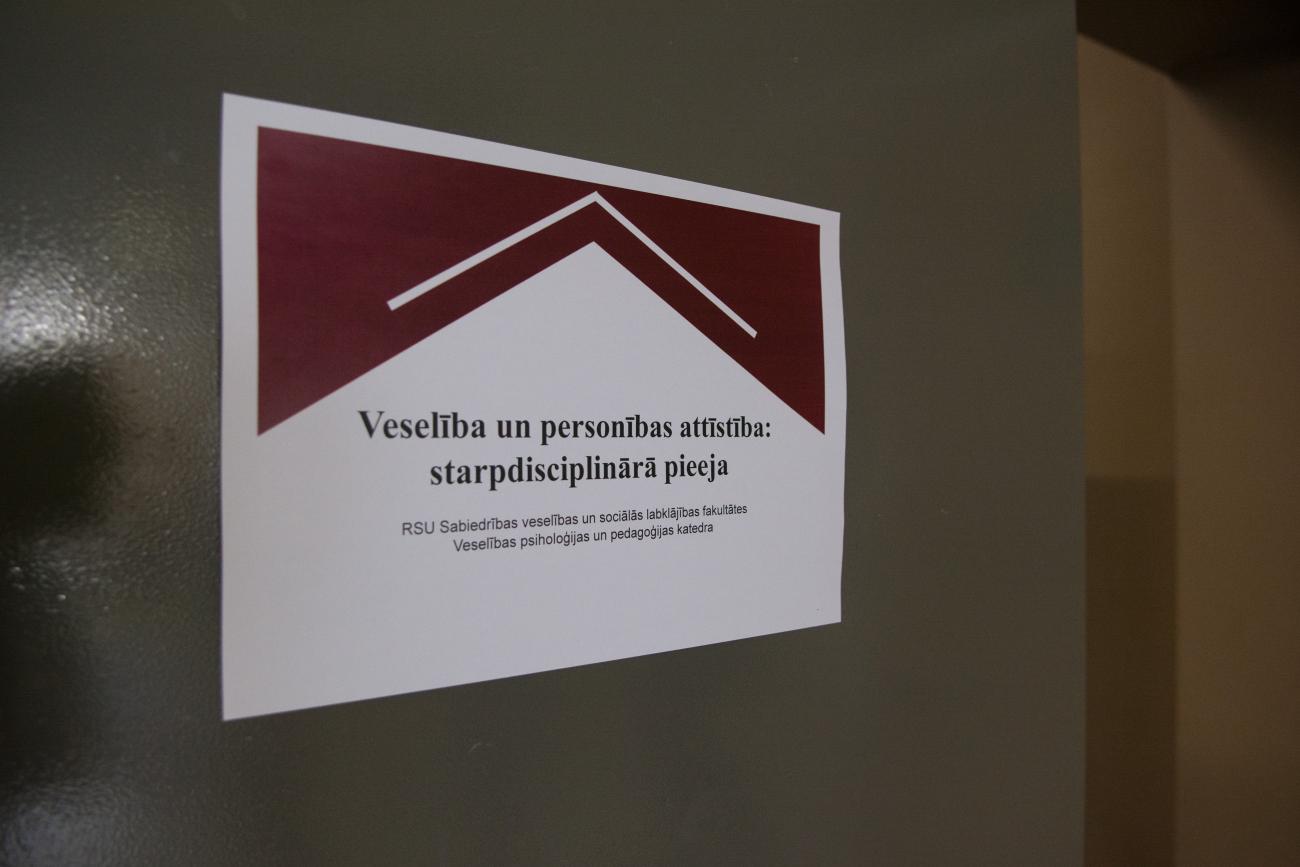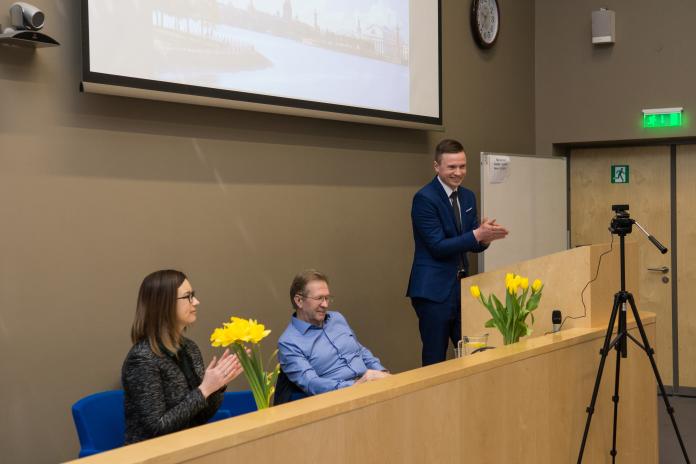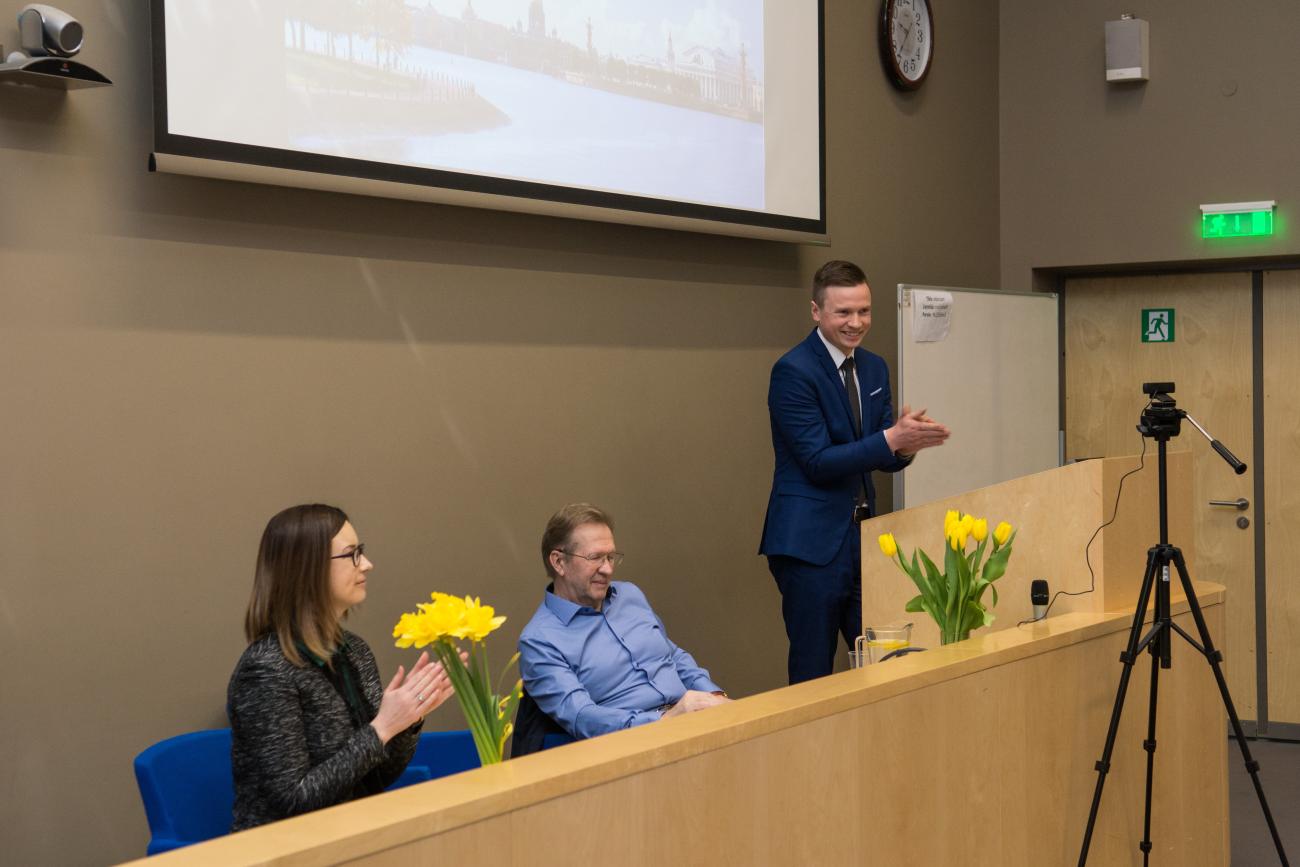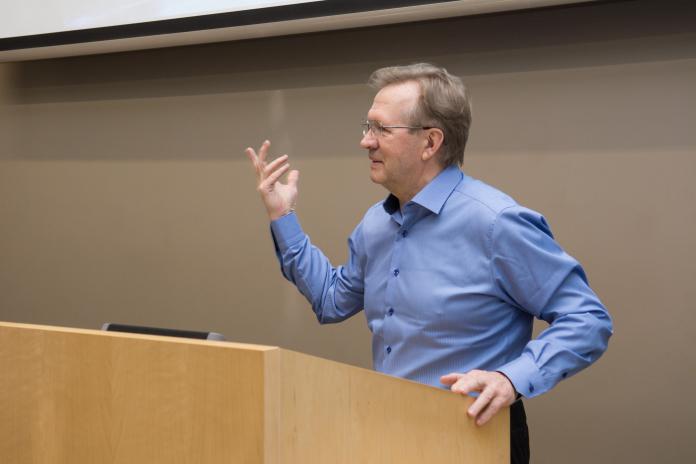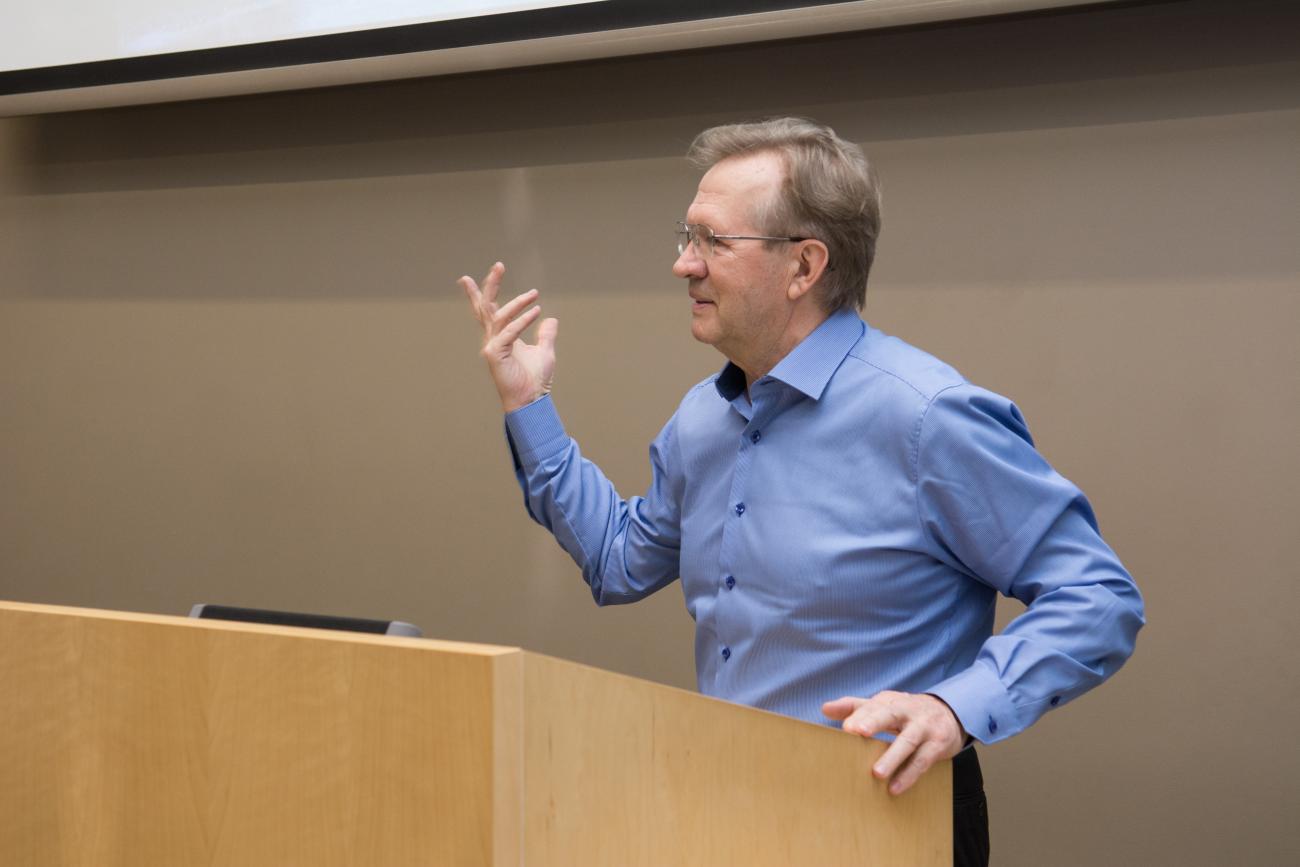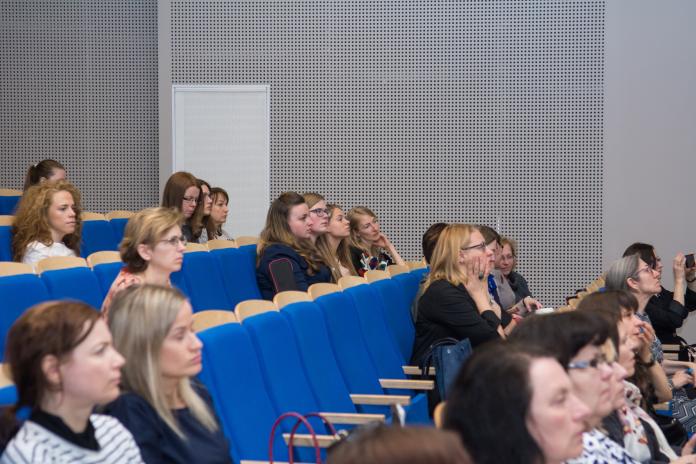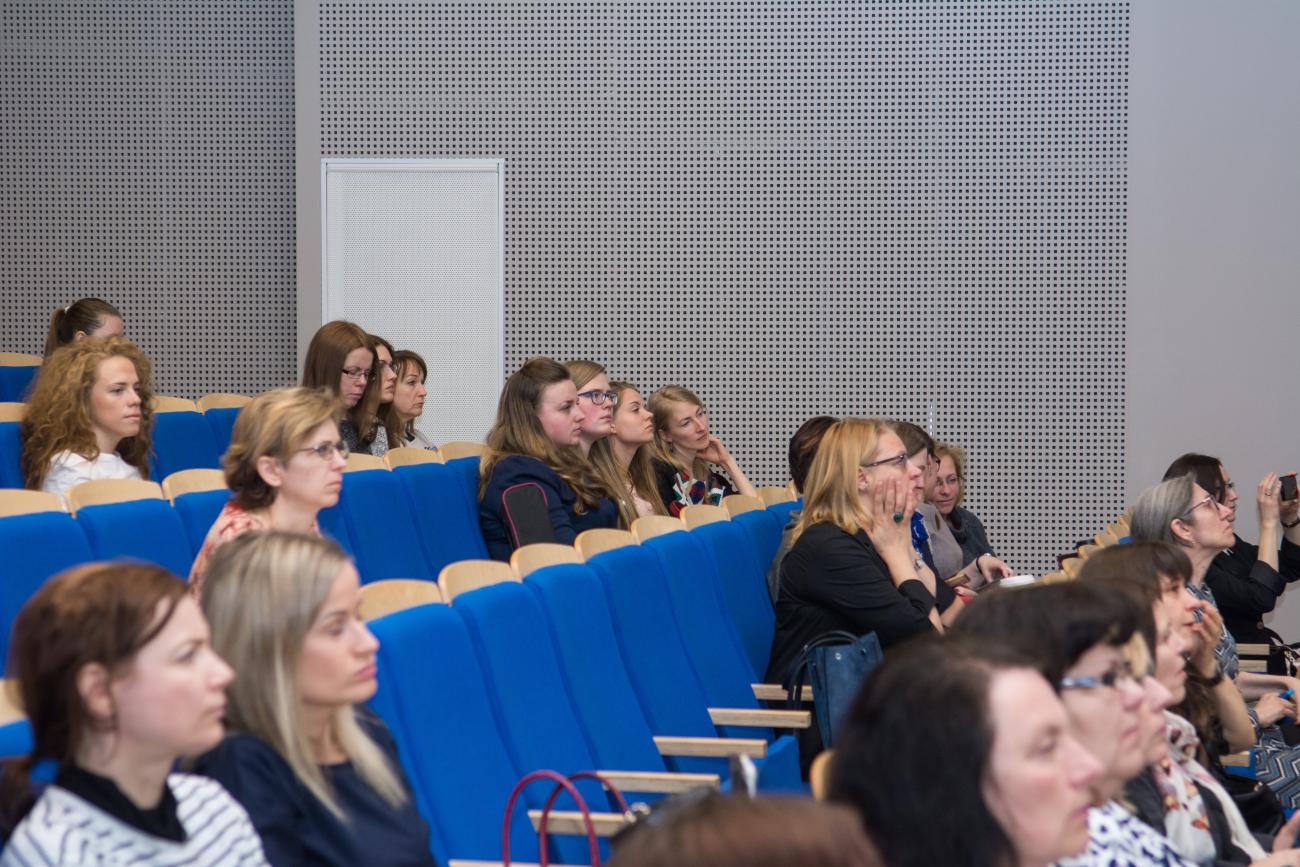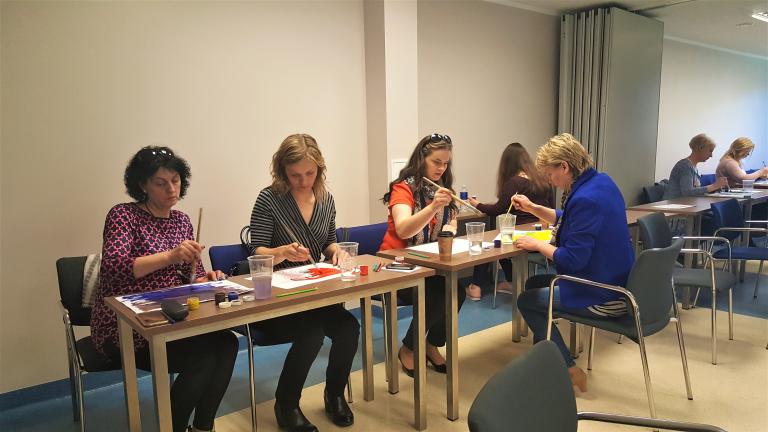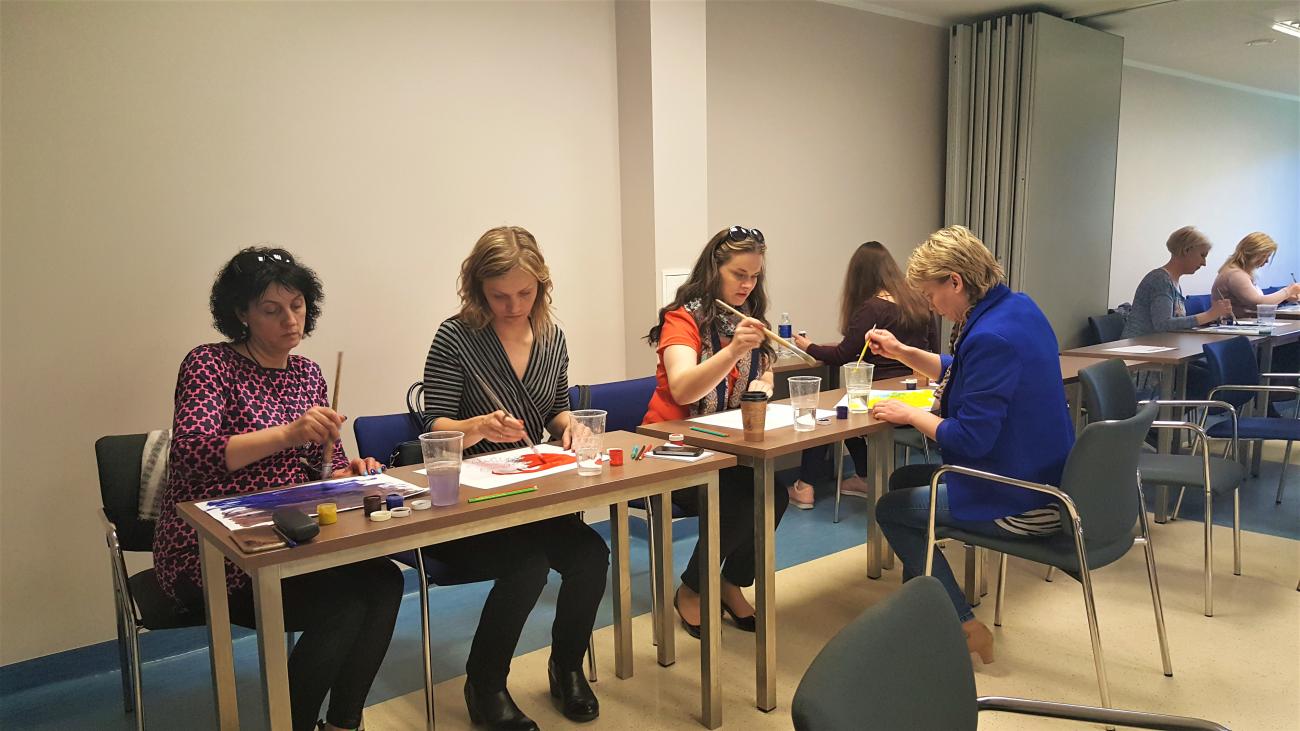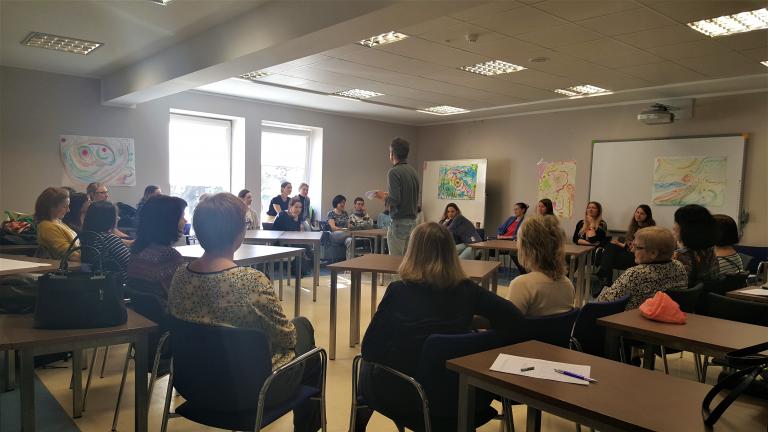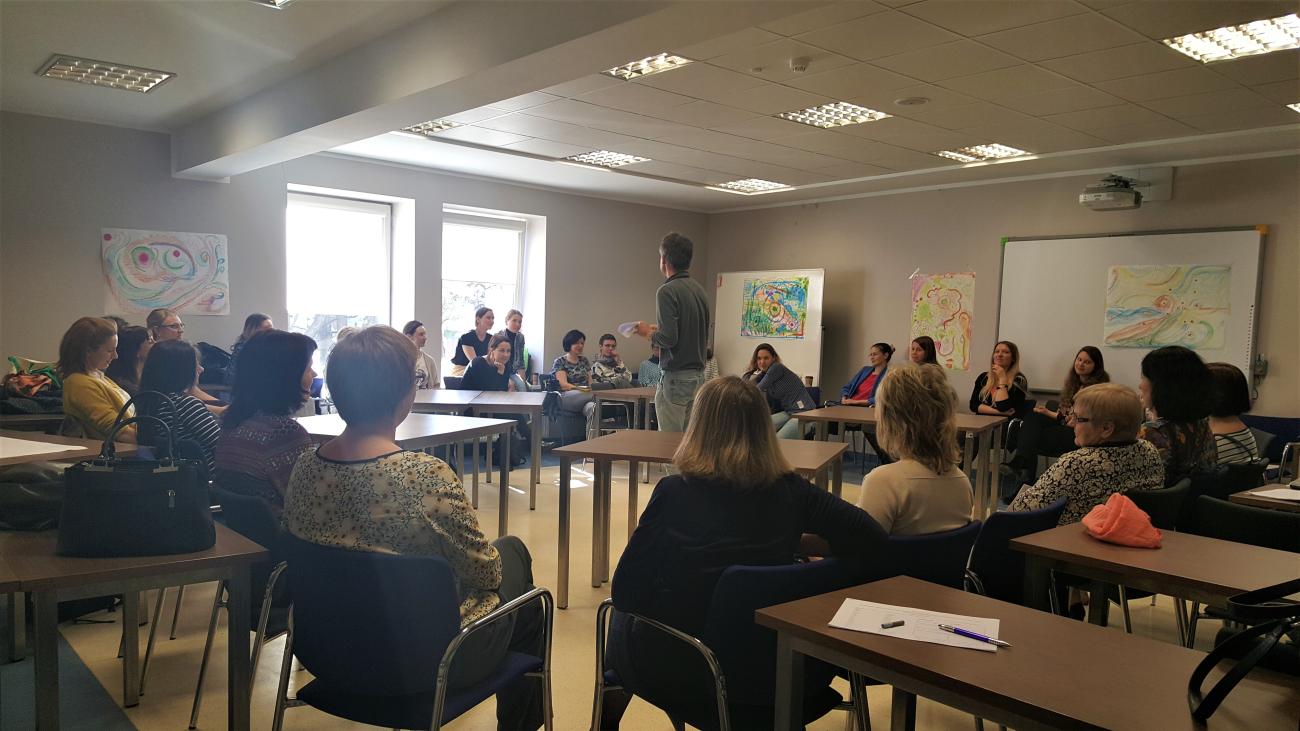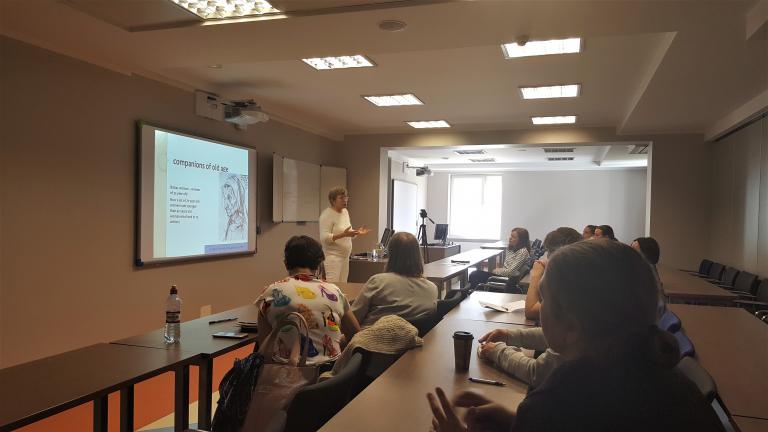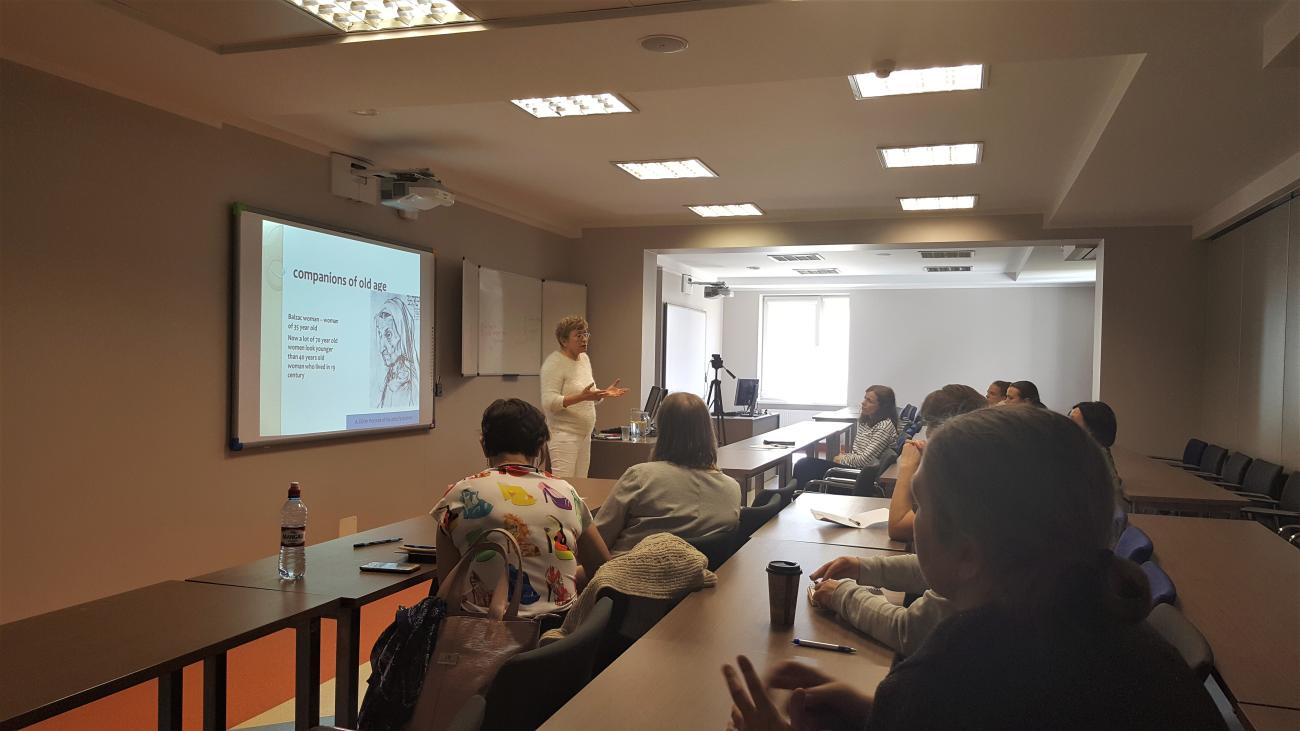A retrospective of the conference "Health and Personal Development: an Interdisciplinary Approach"
On 19–20 April Rīga Stradiņš University hosted the fourth International Scientific – Practical Conference organised by the RSU Faculty of Public Health and Social Welfare Department of Health Psychology and Paedagogy: Health and Personal Development: an Interdisciplinary Approach. The conference was well attended, with over 350 researchers and professionals, students and representatives from different professional fields taking part in the conference.
The conference was opened with a report on the scientific advancement and future plans of the RSU psychology study direction, followed by the book launch of Konsultatīvais atbalsts skolēniem (Counselling of School Children) (authors: J. Pāvulēns, K. Mārtinsone, S. Mihailova) and presentation of Grupu terapija un konsultēšana (Group Therapy and Consulting) (authors: V. Sudraba, K. Mārtinsone).
The two days of the conference were devoted to various, at times simultaneous, panel discussions on psychological support and counselling of different patient and client groups on professional work and identity. The papers presented primarily dealt with issues on qualitative assessment tools, the usability of various tools that have been developed and adapted, including the Latvian Clinical Personality Test developed by RSU academics, with emphasis on multi-professional assistance for older adults. Our doctoral students, undergraduates and graduates presented interesting studies on their experiences.
The keynote speakers of the conference warrant special mention: the webinar by Vija Bergs-Lusebrink, Professor Emerita at the University of Louisville, Kentucky (USA) and Professor Lisa D. Hinz from Notre Dame de Namur University, California (USA) on the Expressive Therapies Continuum was introduced by a presentation by graduates of the Art Therapy study programme Krista Skara and Laura Danilāne on the initiative implemented by RSU students under the supervision of Anda Upmale, MA and Dr. psych. Viktorija Perepjolkina whereby an assessment tool is being developed based on the Expressive Therapies Continuum.
In the second part of the webinar, Professor Vija Bergs-Lusebrink and Professor Lisa Hinz, demonstrated a case analysis involving a bulimia patient and presented detailed insight into the use of the assessment tool to facilitate the patient’s functioning at the cognitive/symbolic level and to facilitate emotional awareness. Another key speaker, Professor Yury Kropotov, lead researcher at the Laboratory for Neurobiology at the Institute of Human Brain (Russian Academy of Sciences) and Professor at the Department of Psychology of the University of Technology and Science in Trondheim (Norway) presented a report on the importance of the identification of neuromarkers in psychiatry, event-related cognitive potentials for research and the efficacy of transcranial direct-current simulation in children with attention deficit and hyperactivity syndrome.
The closing day of the conference offered six simultaneous master classes throughout the day, providing the opportunity to observe the application of art therapy methods for chronic disorders, learn more about brain development and the interpretation of Electroencephalography (EEG) readings, discuss the development of tests etc. Of particular interest were a master classes by the German professor Gruber on the application of art therapy for cancer patients and a master class by Russian professor Kropotov on the use of EEG in research in the context of psychiatric disorders. Another interesting master class was on the importance of supervision in the prevention of burnout, led by Aelita Vagale.
Head of the Department of Health Psychology and Paedagogy, Prof. K. Mārtinsone looks back at the conference, „I would like to take this opportunity to thank the staff of the department for making the conference a creative space for researchers and practicians from different fields to meet and discuss psychological support in Latvia, to enrich their experiences, share research outcomes and network with colleagues from other countries! The conference is a framework for reflecting upon one’s achievements and to set goals for the future. The number of participants, their dedication and interest in this traditional spring event is the best appreciation.” The head of the conference organising team, K. Šneidere states: “This was the first time that the speakers represented such diverse healthcare professions and this serves as a reminder that it is impossible to work in healthcare without a multidisciplinary team and mutual cooperation! Organising of the conference is a never-ending process and we are already planning the next year’s conference and hope that it will be equally comprehensive, informative and colourful!”
Related news
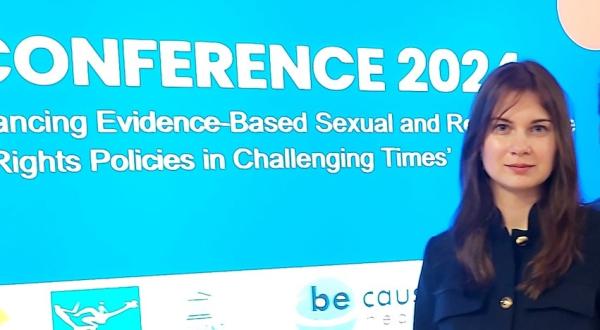 RSU International Student Conference award-winner Jekaterina Kozačenko: ‘breastfeeding acts like the first vaccine’For Students, Research, Public Health
RSU International Student Conference award-winner Jekaterina Kozačenko: ‘breastfeeding acts like the first vaccine’For Students, Research, Public Health